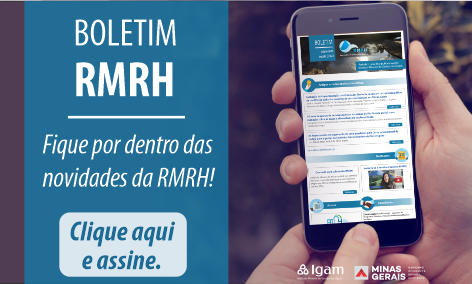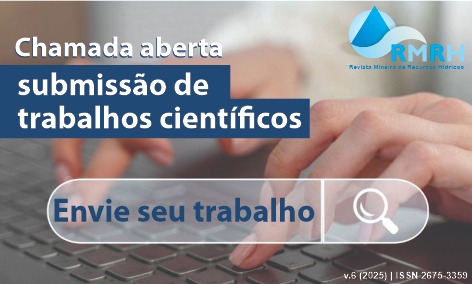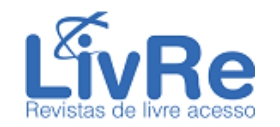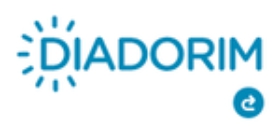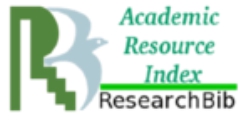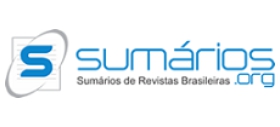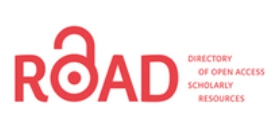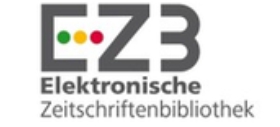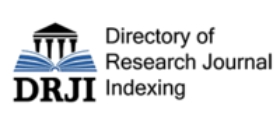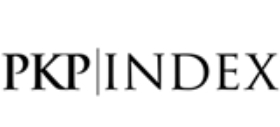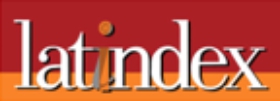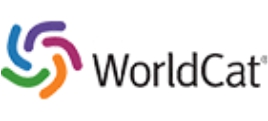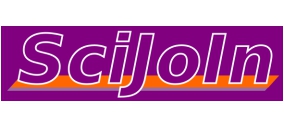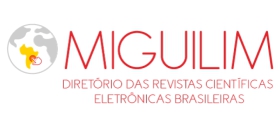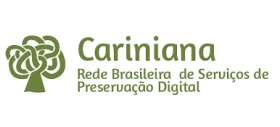O Índice de Regularização Ambiental Hídrico de empreendimentos fiscalizados – IRA HÍDRICO – como ferramenta para planejamento estratégico e formulação de políticas ambientais regionalizadas em Minas Gerais
Visualizações: 395DOI:
https://doi.org/10.59824/rmrh.v1i2.205Keywords:
Recursos Hídricos, Infrações ambientais, RegularizaçãoAbstract
O Índice de Regularização Ambiental Hídrico de empreendimentos fiscalizados foi criado tendo por base infrações ambientais caracterizadas por uso irregular de recursos hídricos no período de 2016 a 2019. Trata-se de uma ferramenta que contribui para definições de políticas públicas ambientais regionalizadas, planejamento e estratégia de gestão e fiscalização do uso dos recursos hídricos em Minas Gerais. Dentre os resultados alcançados, destaca-se, pela importância: (1) ausência de cadastro de uso insignificante de recursos hídricos, a extração de água subterrânea, e a captação ou derivação de água superficial sem outorga, que guardam estreita relação com empreendimentos agrícolas, correspondentes às 3 modalidades de infração mais recorrentes no período entre 2016 e 2019; (2) o tempo médio de resposta na busca pela regularização após a fiscalização em cada uma das Superintendências Regionais de Meio Ambiente (Suprams), variando entre 168 e 357 dias; (3) empreendimentos de pessoas físicas, vinculados ao maior número de infrações ambientais por uso irregular de recursos hídricos, buscam a regularização em tempo menor que os empreendimentos de pessoas jurídicas; (4) pessoas jurídicas de direito público, embora relacionadas a um reduzido quantitativo de registros de infrações, são as que menos buscam regularização de seus empreendimentos, e o fazem em um tempo médio maior.
Keywords: Water resources, Environmental infractions, Regularization
Abstratc
The Water Environmental Regularization Index for inspected enterprises was designed based on environmental infractions characterized by irregular use of water resources in the period from 2016 to 2019. It is a tool that contributes to defining regionalized environmental public policies, planning and strategy of management as wells as inspection of the use of water resources in the state of Minas Gerais. Among the results achieved, the following stand out for their importance: (1) absence of a record on uses of water considered insignificant , the extraction of underground water, and surface water abstraction without water permit, which are closely related to agricultural enterprises, corresponding to the three most recurrent types of infraction in the period between 2016 and 2019; (2) the average response time in the search for regularization after inspection in each of the Regional Environmental Offices, varying between 168 and 357 days; (3) enterprises of individuals, linked to a greater number of environmental infractions due to irregular use of water resources seek regularization in less time than enterprises of legal entities; (4) public legal entities, although related to a reduced number of infraction notices, are the ones that least seek regularization of their enterprises, and do so in a longer average time.
Downloads
Downloads
Published
How to Cite
Issue
Section
License
Copyright (c) 2021 Breno Esteves Lasmar, Guilherme Passos Friche, Michele Mamedes Costa, Mauro Manzali Bonaccorsi, Iara Andrade Oliveira

This work is licensed under a Creative Commons Attribution-NonCommercial 4.0 International License.



